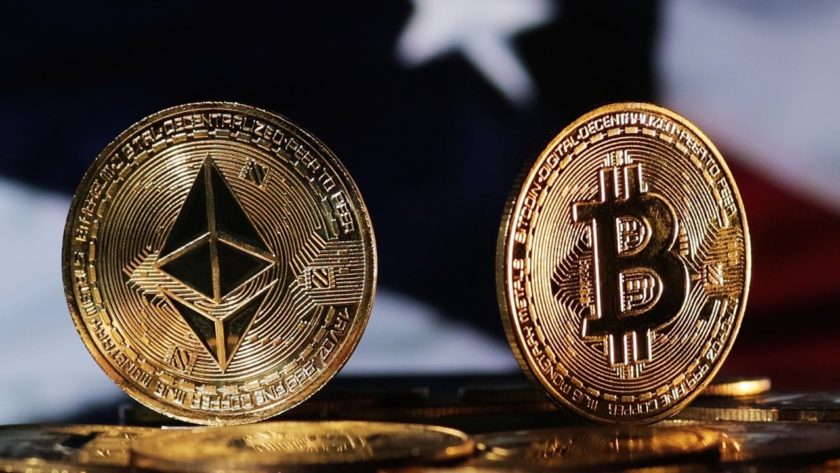Ripple is considering leaving the U.S. and opting for Asia or Europe instead because of the unfavorable regulatory climate caused by U.S. regulators.
In response to the excessive and unclear regulation by the U.S. Securities and Exchange Commission (SEC), Ripple is planning to move overseas. This was revealed by Ripple’s executive chairman Chris Larsen in a virtual interview with Fortune.
Speaking at the LA Blockchain summit on 6th October, Larsen expressed his displeasure with the U.S. regulatory framework for crypto.
“The message is blockchain and digital currencies are not welcome in the US. You want to be in this business, you probably should be going somewhere else. To be honest with you, we’re even looking at relocating our headquarters to a much friendly jurisdiction.”
Ripple Threatens to Leave the U.S.
Notably, the SEC concluded that Bitcoin and Ethereum are not centrally controlled. Hence, the two cryptocurrencies were exempted from securities laws.
According to Larsen, most countries have more favorable regulatory frameworks for cryptocurrencies than the U.S. He added that regulators like the U.S. SEC negatively impact the digital currency and the blockchain. Specifically, Larsen revealed Ripple’s plan to move to the UK, Switzerland, Singapore, or Japan.
In addition, Larsen noted that moving the firm’s headquarters out of the U.S. does not affect its operation in the country. However, the Ripple executive said a change of chief regulator would be a relief to the fintech firm.
Also, Ripple CEO Brad Garlinghouse commented on the U.S. lack of regulatory clarity.
Strongest internet companies built in the US, in part b/c of regulatory clarity. We have that opp with blockchain + digital assets. Responsible players like Ripple aren’t looking to avoid rules, we just want to operate in a jurisdiction where the rules are clear. #DCEA of 2020 https://t.co/LqbEDuMXvx
— Brad Garlinghouse (@bgarlinghouse) October 6, 2020
Ripple’s Lawsuits
Over the past few years, Ripple has faced lawsuits over its XRP token being a security and selling them illegally. In 2018, an investor Ryan Coffey sued Ripple for losing money while buying and selling XRP. At that time, the investor sought damages on behalf of all other investors that purchased the XRP token.
Following the lawsuit, Ripple filed to dismiss the complaint. Highlighting the digital currency’s legal classification, Ripple said that federal regulators have declared XRP as a currency and not a security.
A month before the lawsuit, the UK Financial Conduct Authority (FCA) said that XRP is not a security. The UK regulator further compared Ethereum to XRP, claiming they have similar features.
Amid the tension between Ripple and the SEC, there is an ongoing debate on the role of central banks and digital currencies. Larsen, along with some other critics, warned that the US may lose its financial innovation to China.
Remarkably, China is leading the race to launch a digital currency. On the 6th of October, the deputy governor of the People’s Bank of China Fan Yifei revealed details on the status of the digital yuan. The central bank said it has processed 3.13 million transactions using the digital currency.
Before now, there have been ongoing pilot tests for the central bank digital currency (CBDC) in some parts of China. Fan revealed that the tests in Shenzhen and Xiongan have made progress.
Tolu is a cryptocurrency and blockchain enthusiast based in Lagos. He likes to demystify crypto stories to the bare basics so that anyone anywhere can understand without too much background knowledge.
When he’s not neck-deep in crypto stories, Tolu enjoys music, loves to sing and is an avid movie lover.




